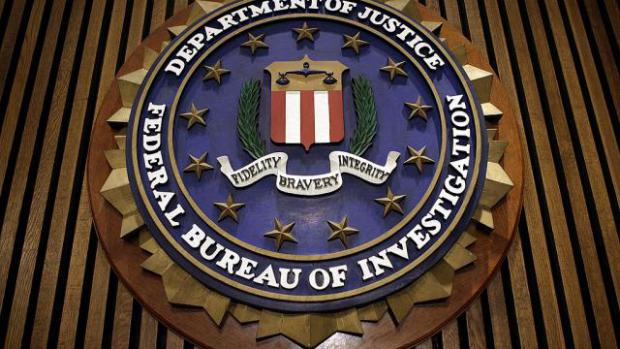
Breaking News
John Sneisen - Outernet and Canadian Economy
 "You Will be Programmed and Enslaved Through AI" - Iain Davis
"You Will be Programmed and Enslaved Through AI" - Iain Davis
 $80 SILVER IN CHINA RIGHT NOW - The Premium Explosion Means Squeeze Incoming
$80 SILVER IN CHINA RIGHT NOW - The Premium Explosion Means Squeeze Incoming
 Do you want to really know what the banks are doing about their silver situation?
Do you want to really know what the banks are doing about their silver situation?
Top Tech News
 EngineAI T800: Born to Disrupt! #EngineAI #robotics #newtechnology #newproduct
EngineAI T800: Born to Disrupt! #EngineAI #robotics #newtechnology #newproduct
 This Silicon Anode Breakthrough Could Mark A Turning Point For EV Batteries [Update]
This Silicon Anode Breakthrough Could Mark A Turning Point For EV Batteries [Update]
 Travel gadget promises to dry and iron your clothes – totally hands-free
Travel gadget promises to dry and iron your clothes – totally hands-free
 Perfect Aircrete, Kitchen Ingredients.
Perfect Aircrete, Kitchen Ingredients.
 Futuristic pixel-raising display lets you feel what's onscreen
Futuristic pixel-raising display lets you feel what's onscreen
 Cutting-Edge Facility Generates Pure Water and Hydrogen Fuel from Seawater for Mere Pennies
Cutting-Edge Facility Generates Pure Water and Hydrogen Fuel from Seawater for Mere Pennies
 This tiny dev board is packed with features for ambitious makers
This tiny dev board is packed with features for ambitious makers
 Scientists Discover Gel to Regrow Tooth Enamel
Scientists Discover Gel to Regrow Tooth Enamel
 Vitamin C and Dandelion Root Killing Cancer Cells -- as Former CDC Director Calls for COVID-19...
Vitamin C and Dandelion Root Killing Cancer Cells -- as Former CDC Director Calls for COVID-19...
 Galactic Brain: US firm plans space-based data centers, power grid to challenge China
Galactic Brain: US firm plans space-based data centers, power grid to challenge China
Destroying, suppressing evidence is FBI standard procedure

The FBI-issued cell phone of Peter Strzok, whose previous texts to his mistress (also an FBI employee) showed fierce hostility to Trump, suddenly had problems due to "software upgrades" and other issues — and voila — all the messages between the two from Dec. 14, 2016, to May 17, 2017 vanished. Strzok, who oversaw the Trump investigation from its start in July 2016, was removed from Mueller's Special Counsel investigation last summer after the Justice Department Inspector General discovered his anti-Trump texts.
Stephen Boyd, the assistant attorney general for legislative affairs, notified a Senate committee that "data that should have been automatically collected and retained for long-term storage and retrieval was not collected." The missing texts could have obliterated the remnants of credibility of the FBI's investigation of the Trump campaign.
Conservatives are caterwauling about the vanished evidence but this type of tactic has long been standard procedure for the FBI. Acting FBI chief Patrick Gray was forced to resign in 1973 after it was revealed that he had burned incriminating evidence from the White House in his fireplace shortly after the Watergate break-in by Nixon White House "plumbers." Gray claimed he was resigning to preserve the "reputation and integrity" of the FBI — but that hasn't worked out so well.



